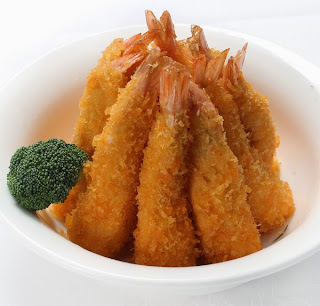First there was the tainted milk scandal in 2008 that sickened an estimated 300,000 babies, killing six, after they consumed milk powder tainted with melamine, a chemical compound often found in laminate flooring and dry erase boards. This scandal was followed by several incidences involving tainted pork. In one incident the pork was treated with paraffin and other industrial chemicals to make it look like beef, which is more expensive. In fact, selling fake meat in China is a fairly common practice.
However, the high number of nausea-inducing food scandals is very much at odds with the rapid rise of China’s consumer class. China’s strong economic growth has resulted in a wealthier population, which in turn has increased levels of consumption. With increased purchasing power comes the demand for higher quality, and this is especially true in terms of food consumption.
While the government has already made some efforts to crack down on food safety, the public remains sceptical. After the tainted milk scandal, for example, there was a significant drop in domestic output of baby formula. The Chinese consumer made it clear that safety matters, and subsequently almost half of the country’s milk powder market has now been dominated by foreign brands, which are perceived as more trustworthy.
What this tells investors looking to cash-in on China’s changing consumer class is that reputable food suppliers are a pretty good bet. Reputable doesn’t always necessarily mean foreign though: One high-profile food safety scandal in China involved a U.S-owned meat factory operating in China that sold tainted meat to clients including McDonald’s, Starbucks, KFC and Pizza Hut.
 |
| Aquatic Foods Group Plc seafood product |
Follow us on Twitter @AbchurchComms


No comments:
Post a Comment